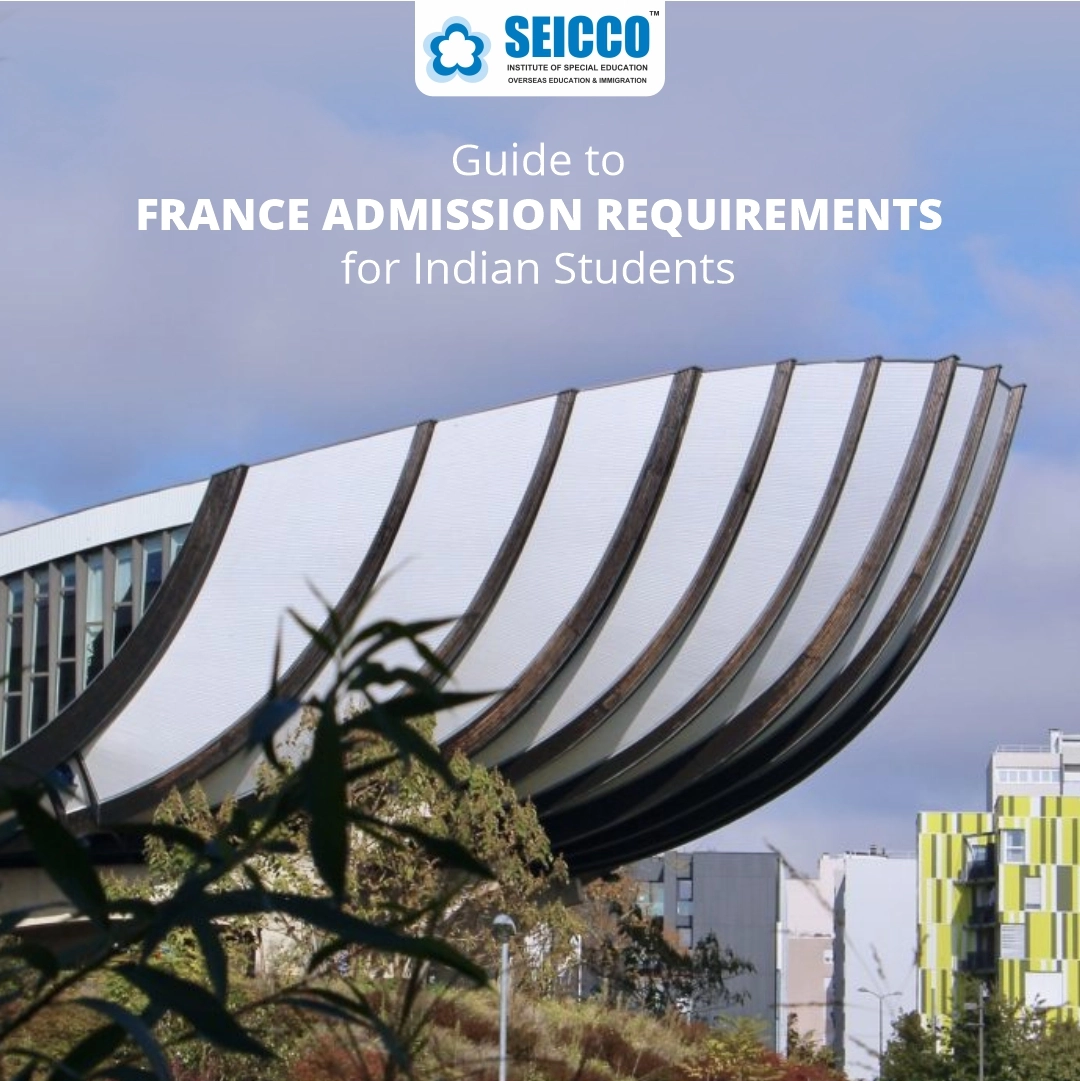Introduction
Choosing the right educational path is a critical decision, and one of the primary considerations is the level of education you wish to pursue. In Canada, two common options for higher education are diploma programs and bachelor’s degrees. Understanding the differences between these two options is crucial for making an informed decision about your academic and career goals. In this blog, we’ll delve into the distinctions between a diploma and a bachelor’s degree in Canada.
Education System in Canada:
Canada’s education system is highly regarded for its quality and diversity. It encompasses primary and secondary education, followed by post-secondary options. Post-secondary education includes diploma programs, typically offered by colleges and institutes, and bachelor’s degree programs, offered by universities and some colleges. Eligibility for these programs generally requires a high school diploma or equivalent, proficiency in English or French, and, in the case of bachelor’s degrees, program-specific prerequisites. Canada’s education system is known for its multicultural environment and opportunities for international students, with many institutions offering scholarships and financial aid.
Understanding the Meanings:
What is a Diploma?
A diploma is a postsecondary degree typically awarded by community colleges, technical institutes, or vocational schools. This is a shorter and more intensive program than a bachelor’s program. Degree programs are designed to provide students with practical skills and knowledge in a specific field, such as business, health, technology or the arts. They are often chosen by people who want to quickly enter the workforce and receive specialized training for specific occupations. Degree programs typically last two to three years and are often more cost-effective than a bachelor’s degree.
Eligibility for Undergraduate Diploma Programs: To be eligible for undergraduate diploma programs in Canada, you typically need the following:
- High School Diploma or Equivalent: You should have completed your secondary education with a high school diploma or its equivalent. In some cases, mature students without a high school diploma can be admitted based on other criteria, such as work experience.
- English Language Proficiency: Since most instruction is in English or French, international students must demonstrate proficiency in one of these languages through exams like IELTS or TOEFL.
- Specific Program Requirements: Some diploma programs may have additional prerequisites or specific requirements, such as prerequisite courses or minimum GPA.
- Study Permit: International students must apply for and obtain a study permit to study in Canada.
What is a Bachelor’s Degree?
Bachelor’s degree is a higher education diploma awarded by universities and colleges. This is a more comprehensive and specialized program than a graduate degree. Bachelor’s degree programs typically last three to four years and provide a well-rounded education that includes a combination of general education courses and major-specific courses. Students pursuing a bachelor’s degree have the opportunity to explore different aspects of a subject before specializing in their chosen field. This level of education is considered more academically rigorous and is often chosen by individuals looking for advanced career opportunities and the opportunity to pursue study at the master’s or doctoral level.
Eligibility for Bachelor`s Degree Programs: To be eligible for undergraduate bachelor’s degree programs in Canada, you typically need the following:
- High School Diploma or Equivalent: You must have completed your secondary education with a high school diploma or its equivalent, including specific courses and grade prerequisites for the program you’re interested in.
- English Language Proficiency: International students need to demonstrate proficiency in English or French through exams like IELTS or TOEFL.
- University Application: Apply to the universities of your choice, including providing transcripts, a personal statement, and reference letters.
- Meet Program-Specific Requirements: Different programs may have additional requirements, such as standardized tests (e.g., SAT or ACT), portfolios (for arts programs), or interviews.
- Study Permit: International students must obtain a study permit to study in Canada.
It’s important to note that eligibility requirements may vary between institutions and programs. It’s advisable to research specific institutions and programs of interest to understand their exact admission requirements and application deadlines.
Understanding the Differences between a Diploma and a Bachelor’s Degree in Canada:
- Educational Level and Duration
- Diploma: A diploma is typically a shorter, more focused program. It is often offered at the post-secondary level and can be completed in two to three years. Diploma programs are designed to provide students with specialized, hands-on skills in a specific field, such as business, healthcare, or technology.
- Bachelor’s Degree: A bachelor’s degree is a more comprehensive and in-depth program, generally spanning three to four years. It offers a broader education, including general education courses along with major-specific coursework. A bachelor’s degree is considered a higher level of education than a diploma.
- Curriculum and Specialization
- Diploma: Diploma programs are highly specialized and are primarily focused on practical skills and knowledge in a particular field. These programs are well-suited for students who want to enter the workforce quickly and obtain specialized training in a specific career.
- Bachelor’s Degree: Bachelor’s degree programs provide a broader and more well-rounded education. They typically consist of a mix of general education courses and major-specific coursework, allowing students to explore various aspects of a subject before specializing in their chosen field.
- Admission Requirements
- Diploma: Diploma programs often have lower admission requirements than bachelor’s degree programs. While some may require a high school diploma, others accept mature students or individuals with equivalent work experience.
- Bachelor’s Degree: To pursue a bachelor’s degree in Canada, you usually need a high school diploma and must meet specific grade and subject prerequisites. Many universities have competitive admission processes, and acceptance is based on academic achievement and other criteria.
- Career Opportunities
- Diploma: Diploma programs are typically more career-focused. Graduates can enter the workforce with specialized skills and often find employment in entry-level or technician positions in their chosen field.
- Bachelor’s Degree: A bachelor’s degree is considered a higher qualification, offering greater career opportunities. It can open doors to more advanced positions, leadership roles, and careers in fields that require a deeper understanding of the subject matter.
- Further Education
- Diploma: While diploma programs can be a pathway to specific careers, they may not provide as much flexibility for further education. However, it is possible to transfer some diploma credits towards a related bachelor’s degree, which can save time and tuition costs.
- Bachelor’s Degree: A bachelor’s degree is a stepping stone to advanced education, such as master’s or doctoral programs. It offers a broader foundation for pursuing postgraduate studies and research.
- Cost
- Diploma: Diploma programs are generally more cost-effective than bachelor’s degree programs, as they are shorter in duration. Tuition fees for diploma programs vary but are typically lower than those for a bachelor’s degree.
- Bachelor’s Degree: Bachelor’s degree programs are more expensive due to their longer duration and more extensive curriculum. Tuition costs can be significantly higher, especially if you attend a university.
- Institution Type
- Diploma: Diploma programs are often offered by community colleges, technical institutes, and vocational schools. These institutions focus on providing practical training for specific careers.
- Bachelor’s Degree: Universities and some colleges offer bachelor’s degree programs. Universities tend to have a broader range of academic offerings and research opportunities.
Conclusion
The choice between a diploma and a bachelor’s degree in Canada ultimately depends on your career goals, educational aspirations, and personal circumstances. If you seek specialized, hands-on training and want to enter the workforce quickly, a diploma might be the right choice. However, if you are looking for a more comprehensive education, advanced career opportunities, and the option to pursue further studies, a bachelor’s degree is the preferred path. Consider your long-term objectives, academic qualifications, and financial considerations when making this important decision. Remember that both diploma and degree holders can find success in their chosen fields, and your choice should align with your individual goals and interests.







